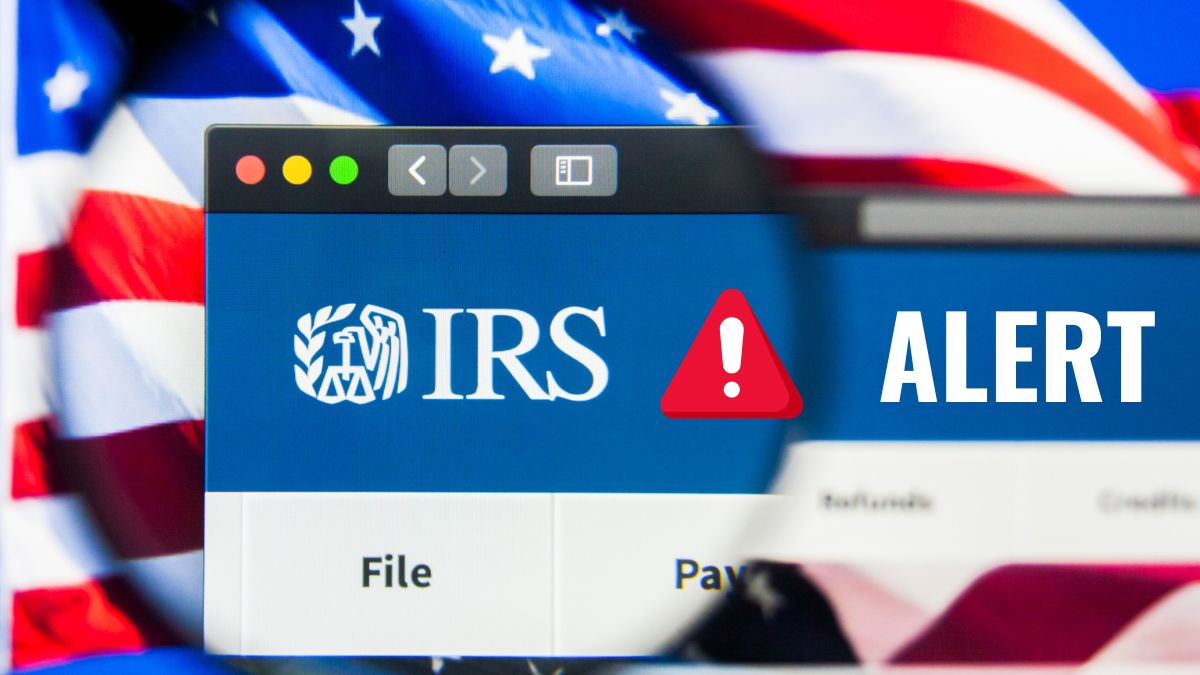The Internal Revenue Service has issued an urgent warning to a specific type of business. Car dealers and sellers are now the primary targets of evolving and sophisticated phishing and smishing scams. These scams have the potential to significantly disrupt day-to-day operations.
“In light of the recent ransomware attack aimed at car dealers, the IRS is warning individuals and businesses to remain vigilant against these attacks. Fraudsters and identity thieves attempt to trick the recipient into clicking a suspicious link, filling out personal and financial information, or downloading a malware file onto their computer,” the agency stated.
To protect yourself and your business, be cautious with emails or messages that seem suspicious. Always verify the sender’s identity before taking any action.
Last month, businesses nationwide felt the impact of a significant cyberattack on CDK Global, a renowned software firm serving car dealerships. The attack brought scheduling, sales, and orders to a near standstill at approximately 15,000 dealerships, forcing some to revert to traditional pen-and-paper methods to continue operations. In response, CDK reportedly paid a hefty $25 million ransom to the hackers.
IRS ALERT: Cybersecurity Threats in the Automotive Industry
While the specifics of the CDK hack remain undisclosed, the tax agency has highlighted that impersonating the IRS continues to be a “favorite tactic” of scammers aiming to steal sensitive financial and personal information. Car dealerships are especially urged to exercise “extra caution” when dealing with unsolicited messages and to avoid clicking on any links in emails or texts they did not request.
How Businesses and Individuals Can Protect Themselves
- Be Vigilant: Always verify the sender of any unsolicited messages, and do not click on suspicious links.
- Implement Strong Security Measures: Ensure your systems are protected with up-to-date antivirus software and firewalls.
- Regular Backups: Keep regular backups of critical data to minimize damage in the event of a cyberattack.
- Employee Training: Educate your staff about the latest cyber threats and best practices for online security.
- Incident Response Plan: Develop and maintain a clear plan for responding to cyber incidents, including steps for containing and mitigating the damage.
In today’s digital age, it’s crucial to stay vigilant against fake communications that pose as legitimate organizations, friends, or family. These unsolicited messages often impersonate banks or other financial institutions, aiming to deceive users into clicking a link that can lead to identity theft or the installation of malicious malware.
How to Protect Yourself from Phishing Scams
Here are some essential tips to keep in mind:
- Never click on any link in an unsolicited communication. These links can direct you to fraudulent websites designed to steal your personal information.
- If you’re unsure about the legitimacy of a message, always verify with the sender using another communication method. Avoid calling numbers listed in the unsolicited email or replying to the email directly.
- Do not open any attachments in these emails. Attachments may contain malicious code that could infect your computer or mobile phone.
- When you receive suspicious emails, delete the original email immediately to prevent any accidental interaction with them.
Stay Safe While Browsing
We want to make sure you have a safe and enjoyable experience on our site. If you purchase a product or register for an account through a link on our site, we may receive compensation. By using this site, you consent to our User Agreement and agree that your clicks, interactions, and personal information may be collected, recorded, and/or stored by us and our social media and other third-party partners in accordance with our Privacy Policy.




